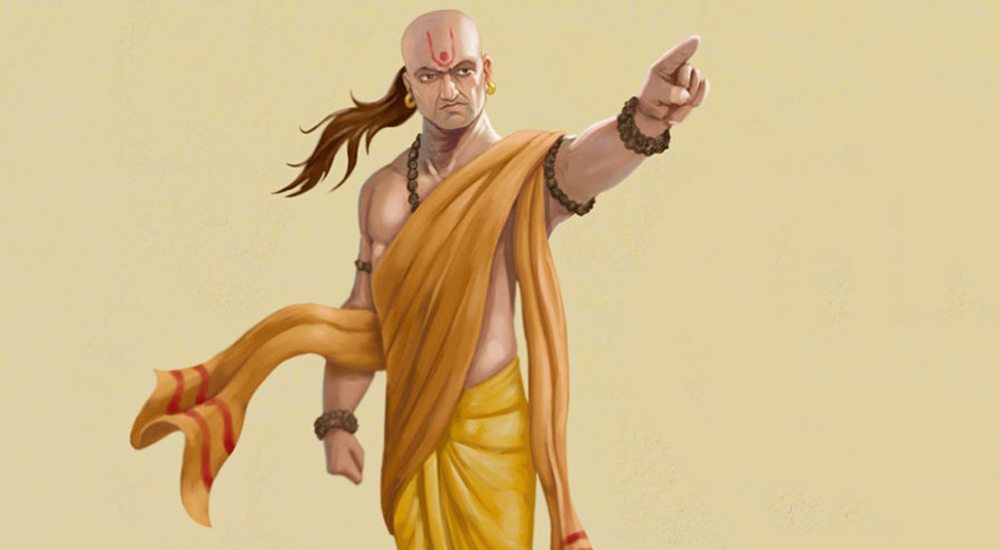Around 2,300 years ago (370 BC-283 BC), a Brahmin man walked amongst the now ruined city of Takshilla of ancient India (now in Pakistan). He taught at the greatest university of this region (possible the entire world at that time) and was singlehandedly responsible for changing the course of history for the subcontinent. That great man was Chanakya, a man who took head on and diffused the threat of Alexander the Great’s ever growing ambitions to conquer India. He envisioned a unified India or ‘Akhanda Bharat’ at a time India was divided into several kingdoms known as ‘Aryavrat’ and most of them were at war with each other, thus weakening their power to resist being conquered.
Chanakya, also known at times as Kautilya, wrote one of the earliest books on the subject of governing called Arthashastra. It outlines the details of the duties of a king and the means by which he can maintain the balance between power and keeping his subjects happy and prosperous. His visions and thoughts were so ahead of time that it is relevant even to this day and Arthasastra can be considered as a holy book any management student must read.
- Effective communication
Chankya quotes, “When in the court, he shall never cause his petitioners to wait at the door, for when a king makes himself inaccessible to his people and entrusts his work to his immediate officers, he may be sure to engender confusion in business, and to cause thereby public disaffection, and himself a prey to his enemies.”
In most organizations, leaders get caught in the entrapments of their titles and entitlements. The higher they are in the organization, the less accessible they become to the very people who at the end of the day are responsible for delivering results.
- Decision Making
Chanakya quotes, “All urgent calls he shall hear at once, but never put off; for when postponed, they will prove too hard or impossible to accomplish.”
The most malignant of corporate diseases is delayed decision making. There are several reasons why decision making is slow in so many organizations.
- A lack of empowerment down the line is one reason why all decisions seem to get passed up the hierarchy which results in a bottleneck
- Processes are at times followed more in letter than spirit.
- Decision making is centralized or rather in the custody of key personnel in the organization and these people are always busy.
Chanakya says a good leader should never postpone decisions and should make fast and effective decisions.
- Addressing the needs of the organization and keeping employees happy
Chanakya quotes, “In the happiness of his subjects lies his happiness; in their welfare his welfare; whatever pleases himself he shall not consider as good, but whatever pleases his subjects he shall consider as good.”
- Accountability
Chanakya quotes, “Whoever imposes severe punishment becomes repulsive to the people; while he who awards mild punishment becomes contemptible. But whoever imposes punishment as deserved becomes respectable. For punishment when awarded with due consideration, makes the people devoted to righteousness and to works productive of wealth and enjoyment; while punishment, when ill-awarded under the influence of greed and anger or owing to ignorance, excites fury even among hermits and ascetics dwelling in forests, not to speak of householders.”







